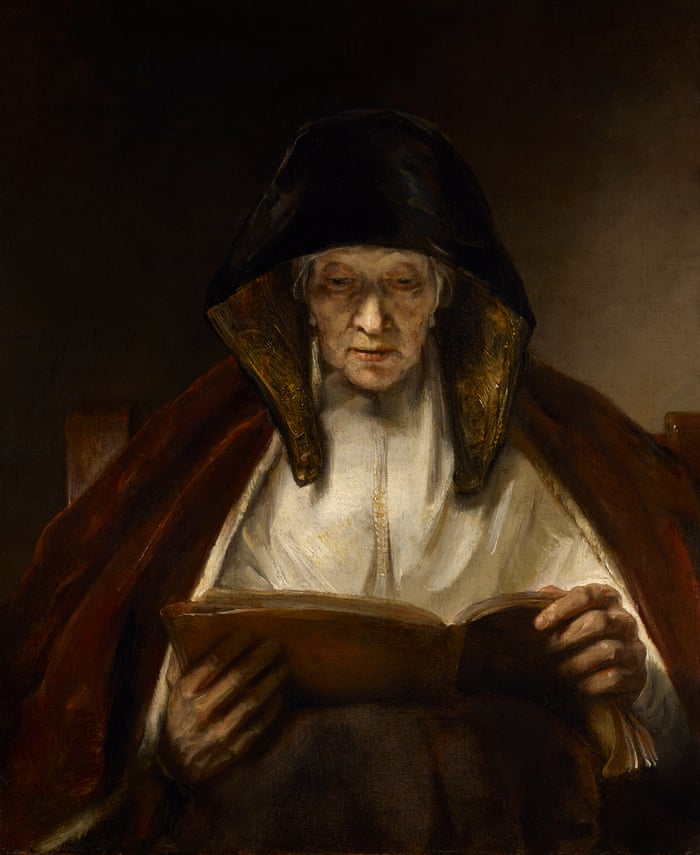Friday
I can announce that I’ve completed the revisions of my current book project (!) and am now awaiting feedback from some trusted sources. I celebrate by sharing the table of contents, which has been through various iterations over the past ten years. Feedback welcome.
And whew!
Better Living through Literature: A 2500-Year-Old Debate
Every art contributes to the greatest art of all, the art of living.
—Bertolt Brecht
Table of Contents
Part I – Introduction
Part II – Better Living through Literature in Theory
Prehistory: Storytelling, the Key to Species Domination
Plato: Poetry, a Threat to Justice and Virtue
Aristotle: Poetry, Truer Than History
Horace: Instructing While Delighting
Sir Philip Sidney: Poetry as a Guide to Virtue
Samuel Johnson: Shakespeare as a Faithful Mirror of Manners and Life
Percy Bysshe Shelley: Poetry as a Force for Liberation
Karl Marx and Friedrich Engels: Literature as a Portrayal of Real Conditions
Sigmund Freud, Carl Jung: Literature as a Blueprint to Self-Mastery
Matthew Arnold: Poetry, Civilization’s Savior
W. E. B. Du Bois: Literature’s Hidden Biases
Terry Eagleton: Literature and Classroom Socialization
Bertolt Brecht: Art as a Hammer to Shape Reality
Frantz Fanon: Post-Colonial Literature, a Form of Combat
The Frankfurt School: Literature That Protests One-Dimensional Society
Hans Robert Jauss: Literature That Expands Horizons
Rachel Blau DuPlessis: Literary Endings, Marriage or Death
Allan Bloom, E. D. Hirsch: Literature as Essential Being
Wayne Booth: Literary Works as Best Friends
Martha Nussbaum: Literature, Indispensable Tool for Citizenship
Psychological Studies: Empirical Evidence of Literary Impact
Part III – Better Living through Literature in Practice
How Jane Eyre Has Made the World a Better Place
Jane Austen on Pop Lit: Enjoy but Be Wary
Assessing Literature’s Personal Impact
Conclusion


